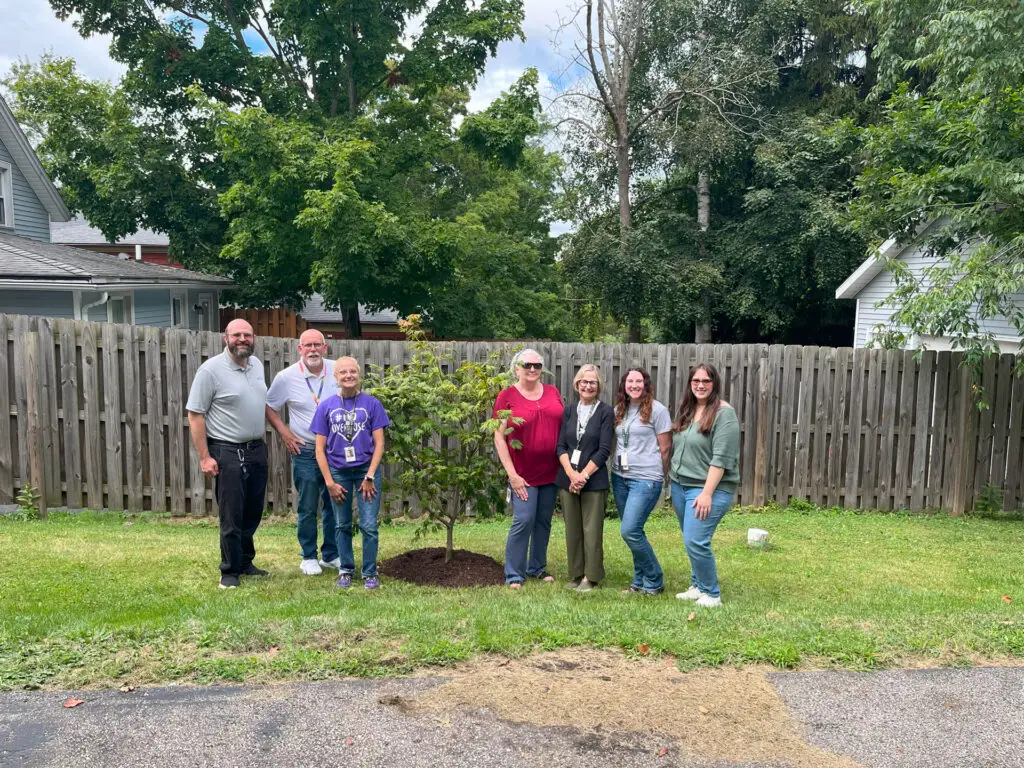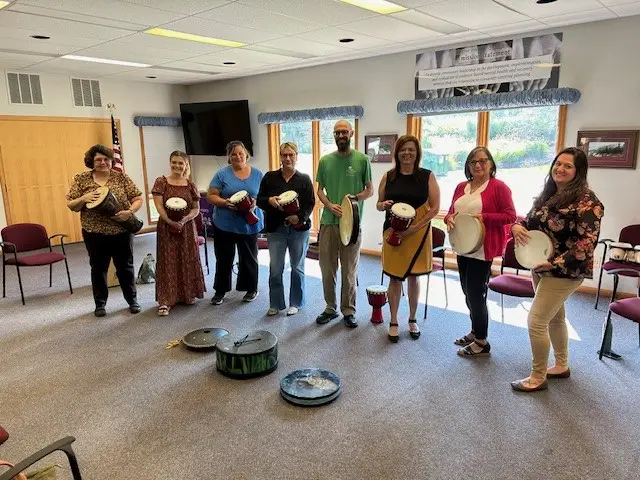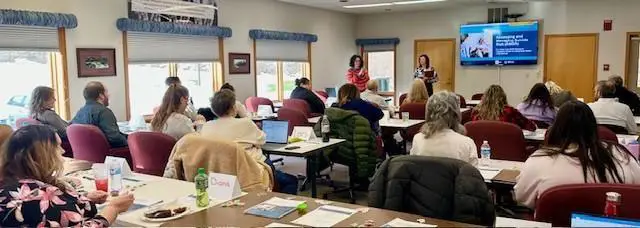Reducing overdose deaths is a critical public health priority, and in Geauga County, progress is evident. Overdose deaths declined from 11 in 2023 to just 6 in 2024. Between 2020 and 2024, the county reported 55 overdose deaths. Now, midway through 2025, only one overdose has been confirmed by the Geauga County Coroner’s Office—a powerful indication that coordinated efforts are saving lives.
In the past fiscal year, the Geauga County Board of Mental Health and Recovery Services directed $6.9 million in funding to sustain and expand life-saving programs.
Prevention: Community-based education focuses on reaching youth early, preventing substance use before it starts.
Treatment & Recovery: Evidence-based, affordable treatment—including medication-assisted treatment—and supports for co-occurring disorders ensure people have every resource needed for recovery.
Collaboration: Partnerships among law enforcement, healthcare, courts, behavioral health providers, and social services ensure timely interventions and wraparound supports.
“Our trained counselors, case managers, doctors, and peer recovery staff are the foundation of our recovery system,” said Board Executive Director Christine Lakomiak. “They are dedicated to guiding individuals through treatment and recovery, but this milestone would not have been possible without the united efforts of our entire community.”
Lakomiak highlighted the wide range of contributors:
“The Sheriff’s Office, supporting families in crisis. Courts, guiding individuals toward treatment over incarceration. Victim advocates, providing unwavering support to survivors and families. Schools, integrating prevention education and empowering students. Healthcare providers and hospitals, expanding treatment access. Social services, offering stability through programs such as Job and Family Services. Families, too, have played a central role—raising awareness, guiding youth toward healthy choices, and promoting hope.”
Calls to the COPELINE/988, participation in recovery events, and community-wide efforts to erase stigma have made Geauga County a place where no one faces addiction alone.
Geauga County COPELINE (440) 285-5565





